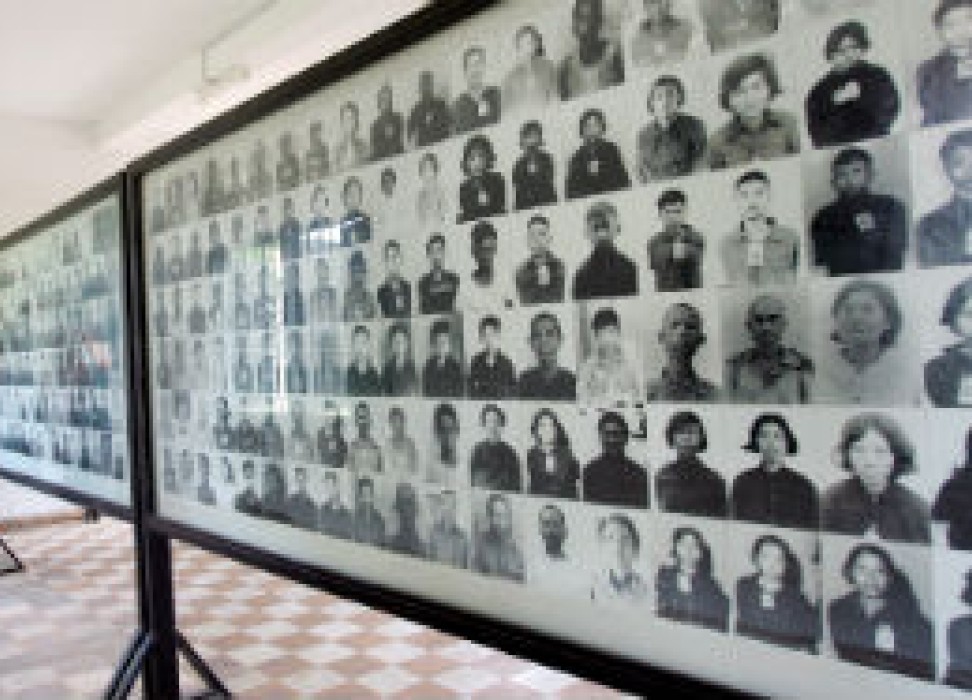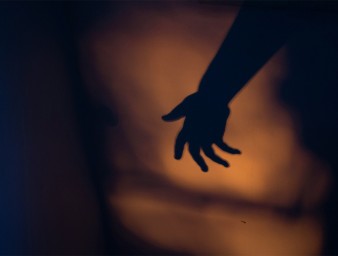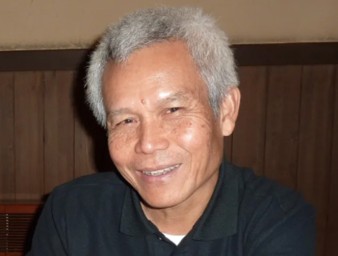Rebuilding lives torn apart by torture
13 April 2015

“For me, in my heart, I don’t like to see people suffer,” said Sotheara Chhim. “The only way to help them is to work with them and through this organization.”
Chhim is the executive director of the Transcultural Psychosocial Organization (TPO) in Cambodia. Since 2009, with the support of the UN Fund for Victims of Torture, the organization has provided medical, psychosocial and legal assistance to victims of torture during the Khmer Rouge regime as well as detainees.
Chhim said most of the people he sees have suffered in silence, too afraid to talk about what happened to them. But through patience and trust, he said, they have managed to get victims to open up and tell their stories, and through telling their stories, to heal. Some of his patients have gone on to later testify at the trials of Khmer Rouge officials currently taking place.
“People never want to talk about their problem. They want to stay silent. Through our project, we empower them, so they have an opportunity to regain their courage and talk,” he said.
TPO is one of 180 organizations that receive funding for its work from the UN Fund for Victims of Torture in 2015. Since 1981, the Fund has ensured direct help to thousands of torture victims and their families. The aim is to assist victims and their families in rebuilding their lives and seeking redress for the human rights violations they have suffered.
“A Legal Obligation Not Charity”
Around a dozen experts from Fund recipient organizations will be in Geneva this week to participate in an information sharing session with the Fund's Trustees and Secretariat. This is the first of a series of annual gatherings aimed at bringing together Fund recipients to exchange ideas and further develop a knowledge community that supports victims of torture in all continents, said Laura Dolci-Kanaan, Fund Secretary.
“The provision of assistance to victims of torture is not charity: it is a legal obligation falling squarely within States’ obligations under international law,” she said. “It is widely acknowledged that torture, which may result in serious physical, psychological, economic and social suffering, affects not only the victim but his or her family and community. Failure to provide effective rehabilitation can destroy families and communities, and threaten society as a whole.”
Ability to Evolve
When Lin Piwowarczyk was a psychology student at Harvard University in the USA, she worked with Vietnamese and Cambodian refugees. Her patients had suffered unspeakable torture and pervasive loss, and yet retained the capacity to laugh, love and support one another. The experience changed her and inspired her to make working with torture victims her life’s work.
Piwowarczyk is now the leading psychiatrist at the Boston Center for Refugee Health and Human Rights at Boston Medical Center in the USA. The organization has served adults from over 85 countries, helping immigrants and refugees to the USA deal with mental health issues. Since 1997 the organization has been supported by the UN Fund. Piwowarczyk said the significance of this cannot be underestimated.
“The Fund gave us legitimacy to continue to evolve,” she said. “Over the years, funding from the UN Fund for Victims of Torture has enabled us to meet the ever increasing demand for services and leverage other funding to sustain our programmes.”
You can help people like Dr. Chhim and Dr. Piwowarczky to assist victims of torture by donating to the Fund: http://donatenow.ohchr.org/torture/.
For more information, visit www.ohchr.org/torturefund
Bios and quotes from Experts participating in this week’s meeting can be viewed at:
http://www.ohchr.org/en/about-us/ohchrs-funding-and-budget/trust-funds/united-nations-voluntary-fund-victims-torture/april-2015-41st-session-unvfvt-board-trustees
13 April 2015



